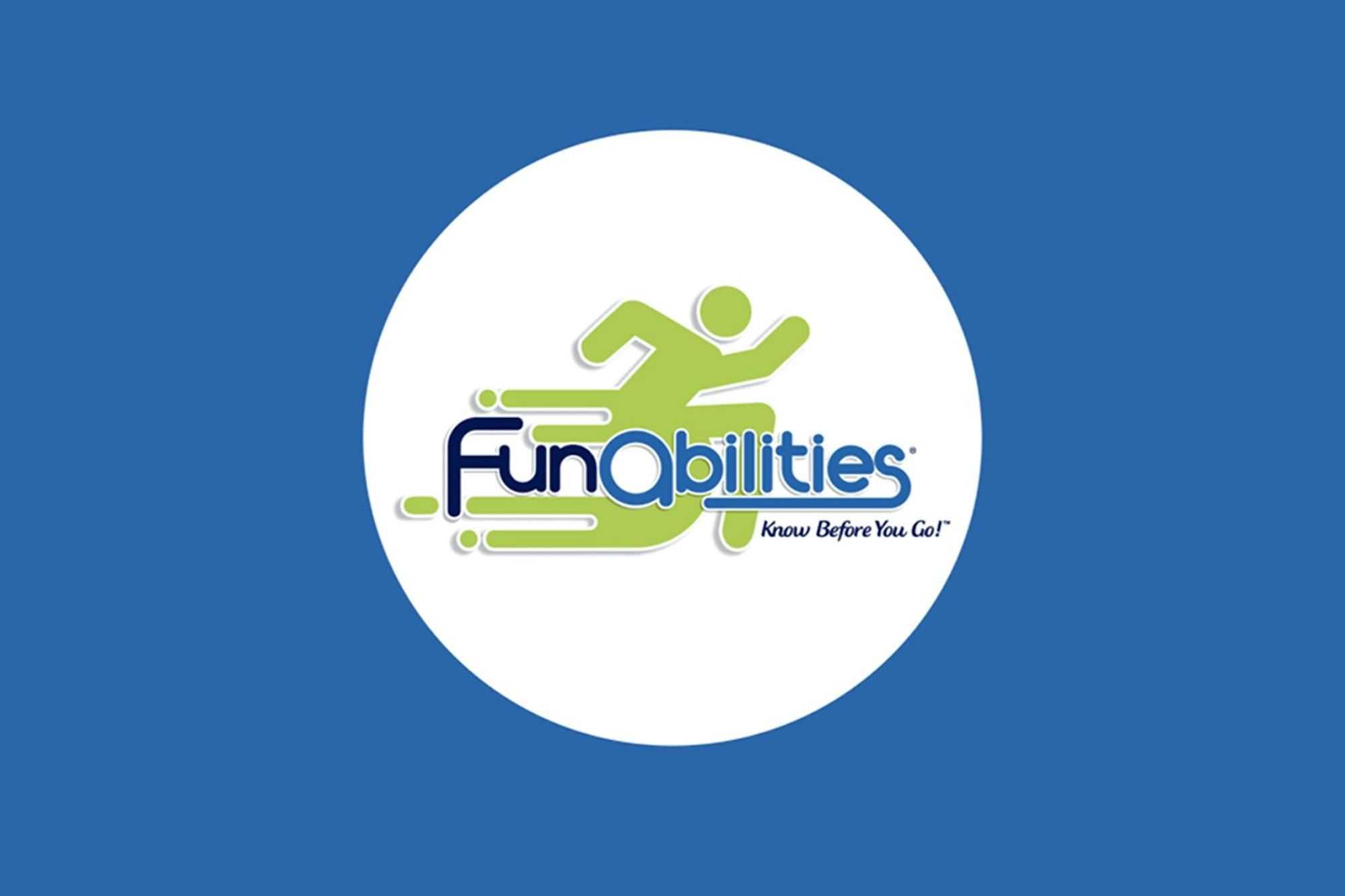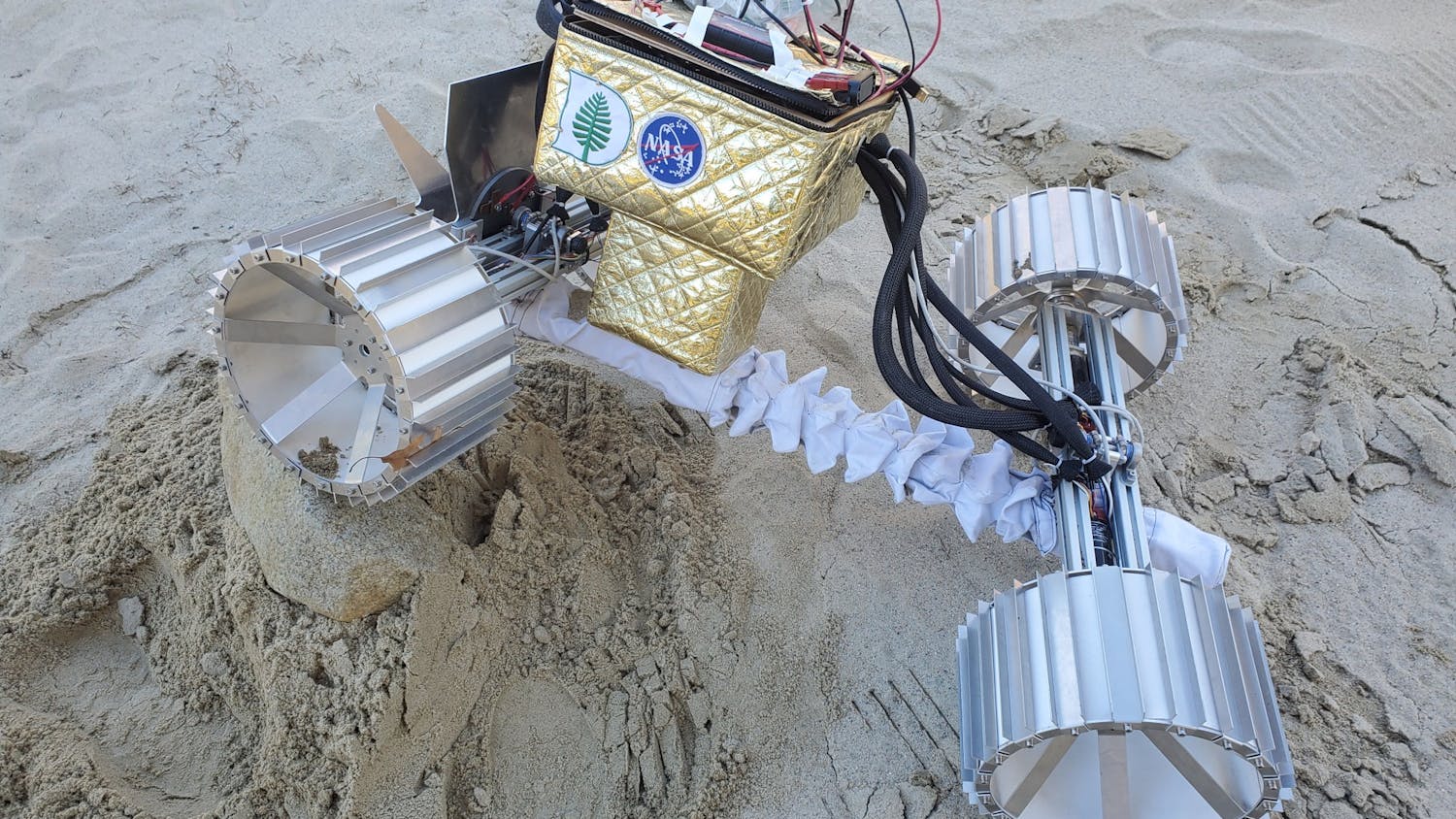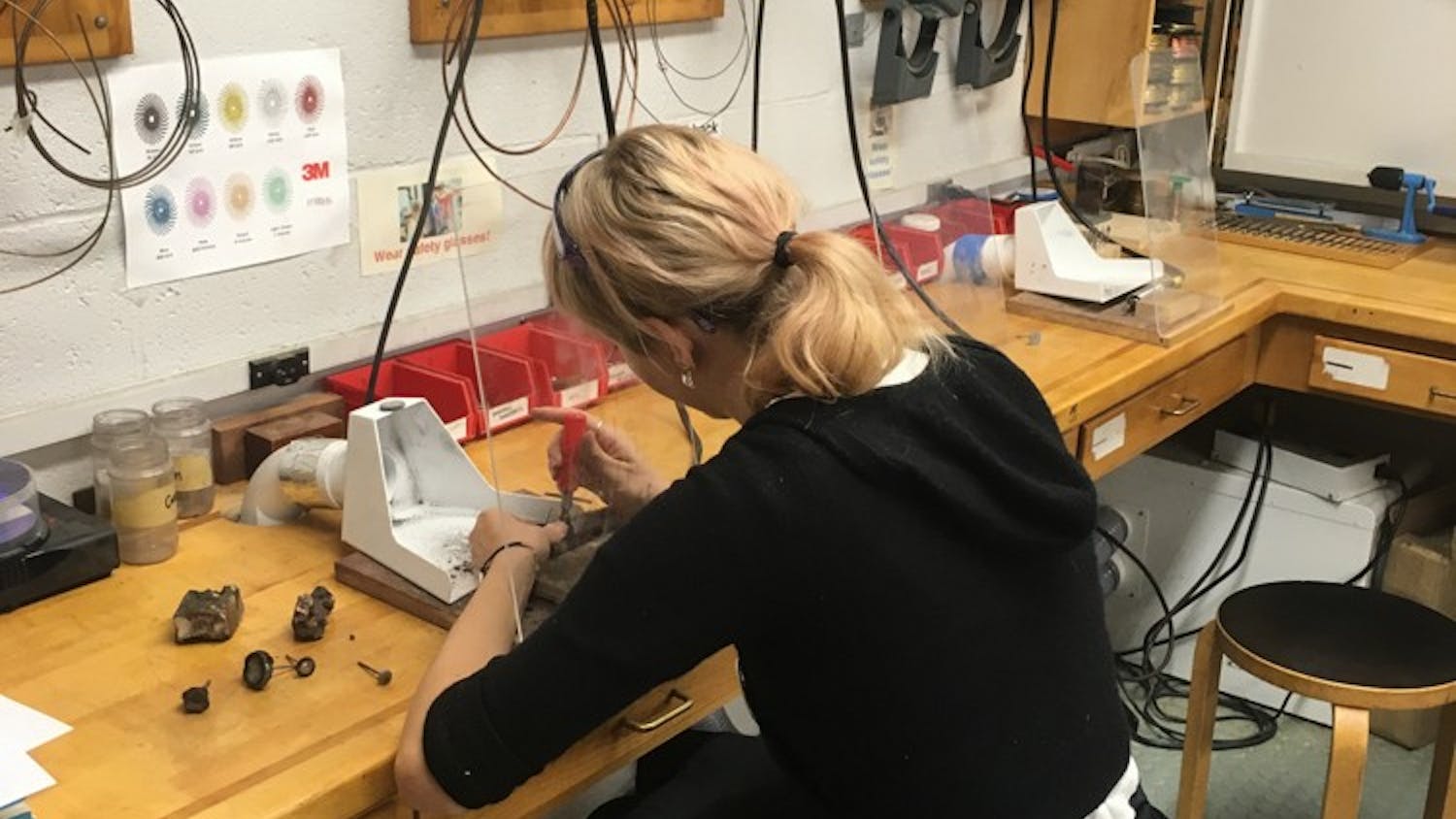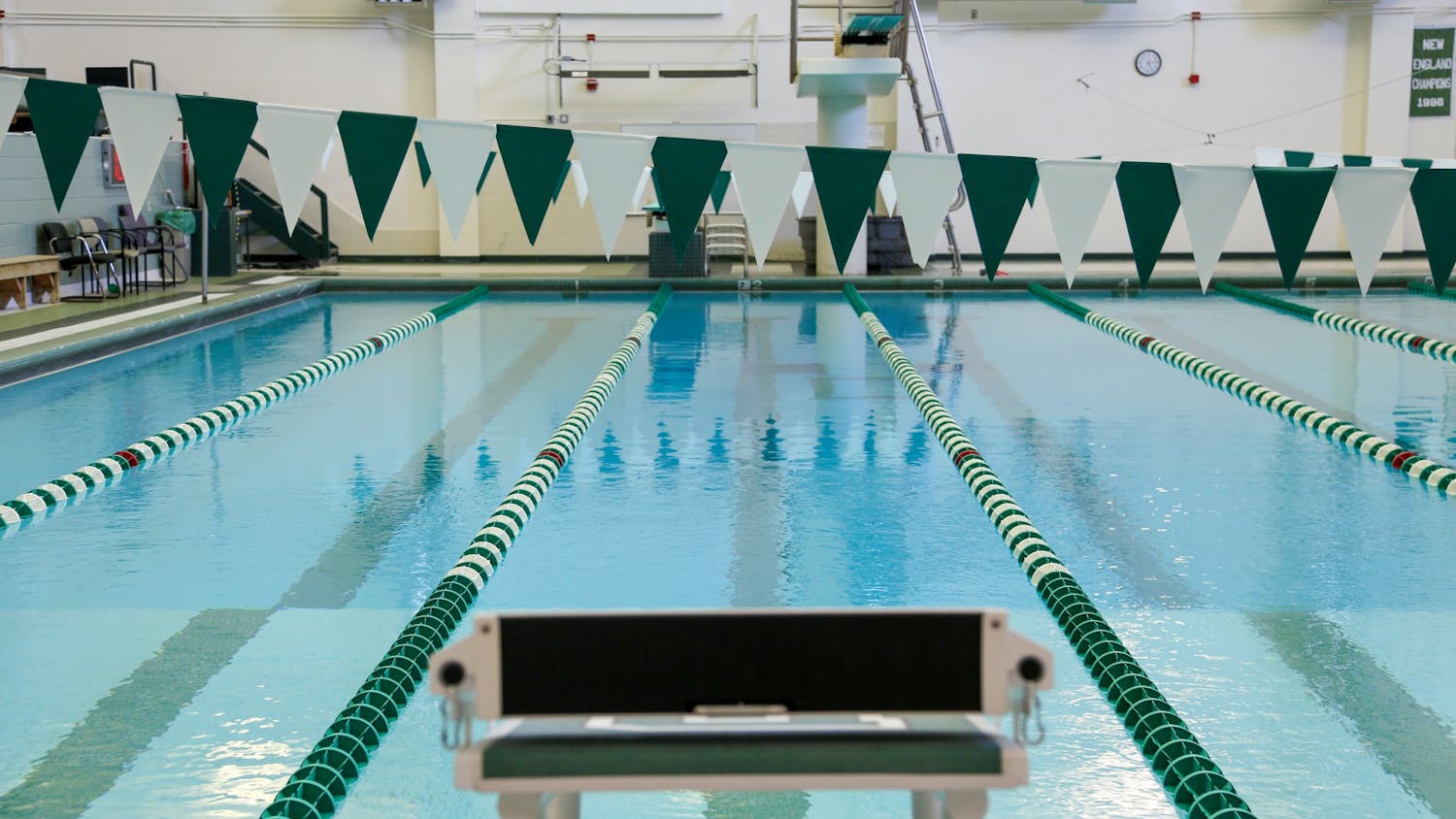On Feb. 18, DALI Lab hosted The Pitch, a competition held twice annually that gives 12 student teams the chance to pitch their startup ideas in pursuit of funding. This term, the event was held entirely over Zoom and awarded prizes worth a combined $12,000 to three teams.
The largest prize of the evening, the $10,000-value Build Prize, went to FunAbilities, a platform where people with disabilities can share information on the accessibility of different businesses. Founder Steven Signorelli ’21 described the project as “the Yelp for accessibility.”
As the Build Prize winner, FunAbilities will also have access to an entire team of designers, developers and project managers through the DALI Lab. Additionally, Downballot Solutions, a startup that provides strategy advice to local campaigns, was awarded the $1,000 Startup Prize at the competition. Team Legislate, which teaches people how to draft legislation, won the Best Pitch Prize, also worth $1,000.
While the Best Pitch Prize is determined by audience votes, the Build Prize and the Startup Prize are awarded by the competition’s judges.
DALI events lead Emi Hayakawa ’21 served as the main organizer of this term’s competition after also facilitating the event in the fall. She noted that while last term’s competition used Zoom’s webinar feature, in which attendees are hidden, this term’s event was hosted on a normal Zoom call, which she said worked “a lot better,” as it allowed for more interaction between the pitching teams and the audience.
“We could see audience faces, and the audience engagement is extremely motivating to the presenters,” Hayakawa said.
A silver lining of the online format, she added, is that presenters can invite their families and friends who may not be in the area to attend the event, which also boosts confidence and morale. This term, The Pitch saw around 250 attendees.
Another unique component of this term’s competition was its social entrepreneurship theme, according to Hayakawa. This theme influenced not only which 12 teams — out of 30 applicants — were selected to present at the competition, but also the standards by which the participating teams were judged.
“A big criterion of the judging was first the quality of social impact, and second, the scale of social impact,” Hayakawa said. “Basically, how many people will this idea affect, and also how good is the quality of impact?”
Signorelli said his mother originally came up with the idea behind FunAbilities. He noted that the target users for FunAbilities include people with wheelchair access, food sensitivity, sensory sensitivity, hearing aid support needs and more.
He said that he decided to enter The Pitch to help him to create a FunAbilities website, potentially launch an app and amass a user base. He hoped those advancements would then give his team enough credibility to secure funding and eventually hire full-time employees.
“People go to places and just like on Yelp, they can review places they've visited based on the features of accessibility they did and didn't see there,” he said.
In living with a family member with a disability, Signorelli observed a glaring unmet need for a central source of information surrounding business accessibility.
“When people want to go somewhere unknown, it's a tremendous gamble regarding whether or not [their] needs will be met,” he said. “Often depending on the severity of [their] needs, people just don't take that risk, and they spend a lot of time at home. They miss out on a lot of life. The goal is really just to increase the quality of life for people with accessibility needs through sharing this information as a community.”
Michael Del Sesto ’23, who leads Team Legislate, said that he and his team have a different goal for social impact: to teach people how to write bills, connect them with their elected officials and help non-profits reach potential advocates.
Del Sesto described Team Legislate’s current process as “very rudimentary.” Currently, they share an instructional slide deck with customers on how to draft bills, post them online and allow others who visit the site to comment on the legislation they write. He said that he and his team have specific goals for the future, including allowing for a more interactive way for users to add virtual signatures in support of bills and a more constant online revision process.
While Downballot Solutions, FunAbilities and Team Legislatewere awarded the funding and the DALI support, Hayakawa noted that both DALI and the Magnuson Center for Entrepreneurship saw potential in all 12 participating teams and will “always be there to help support them in any way [they] can.”
Correction appended (March 1, 2021): This article has been updated to remove a description of the Startup Prize as a “runner-up” prize. The prize is its own distinct award.




